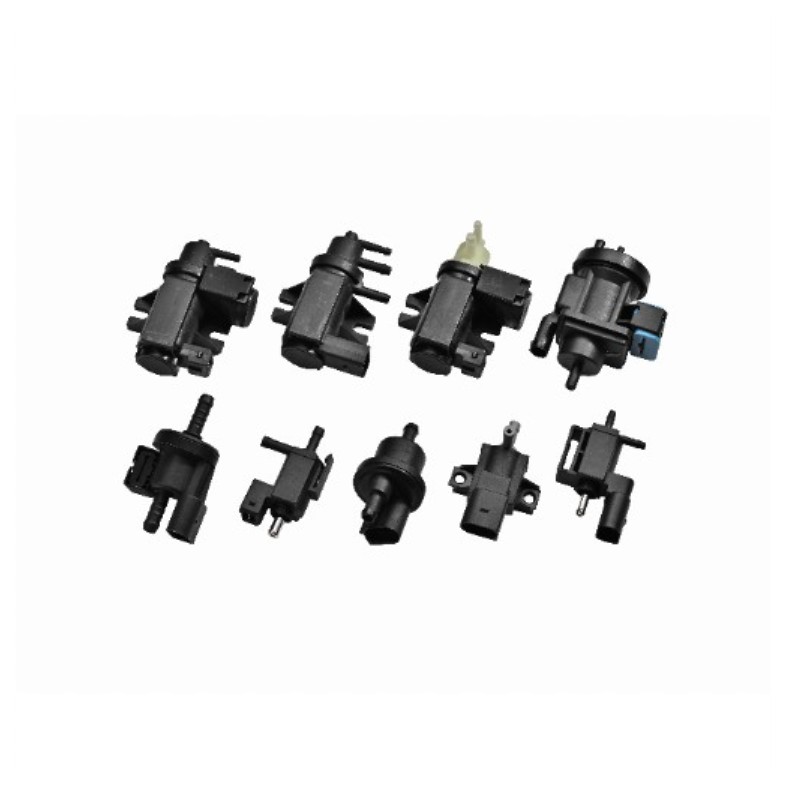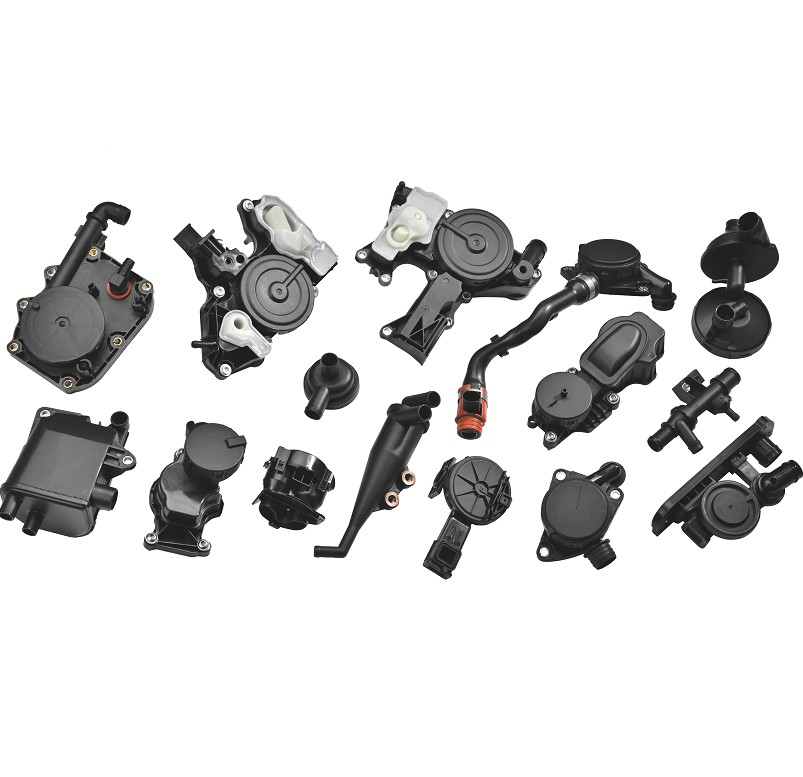The heater control valve plays an important role in the heating and cooling system of Ford models. The heater control valve regulates the temperature of the engine and other components that need to be cooled or heated by precisely controlling the flow of coolant. During engine operation, maintaining the appropriate operating temperature is essential to improving fuel economy, reducing wear and extending engine life. When the engine temperature is too high, the heater control valve reduces the amount of coolant flowing to the radiator to slow down the cooling process; when the temperature is too low, it increases the flow to speed up heating. This dynamic regulation helps keep the engine running within the optimal temperature range.
The heater control valve ensures that the circulation of coolant is neither too much nor too little through its precise regulation mechanism, thereby minimizing energy waste. This is particularly critical during the cold start phase. When the engine is just started, its internal temperature is far below the normal operating range. At this time, if a large amount of coolant flows quickly through the radiator, it will cause the engine to heat up too slowly, increasing fuel consumption and emissions. Therefore, the heater control valve reduces the amount of coolant flowing to the radiator, so that more heat is retained inside the engine and accelerates the warm-up process. In this way, the engine can reach the optimal operating temperature faster, reduce friction loss and fuel consumption in the cold state, and thus improve overall fuel economy.
When driving under high load or in high temperature environment, the engine and cooling system face huge heat load. At this time, the regulating role of the heater control valve becomes particularly important. It can monitor and respond to temperature changes in the cooling system in real time, and ensure that the engine temperature is always kept within a safe range by increasing or decreasing the amount of coolant flowing to the radiator. This dynamic regulation not only prevents performance degradation and potential damage caused by engine overheating, but also protects other cooling system components such as water pumps, radiators and water pipes from high temperature damage.
In the cold winter, the role of the heater control valve is more prominent. It can not only provide a warm and comfortable driving environment for passengers in the car by regulating the flow of coolant to components such as the heater core, but also effectively prevent the coolant from freezing in the system. When the outside temperature is extremely low, if the coolant is stationary in the system, it is easy to freeze and expand, causing damage to the cooling system. The heater control valve avoids this risk by maintaining a certain coolant circulation and keeping its temperature above the freezing point.
In the air conditioning heating system, the heater control valve is the key bridge connecting the engine cooling system and the heater. It uses the waste heat generated by the engine to transfer the heat to the heater core of the heater by precisely controlling the flow of the coolant. After the coolant in the heater core is heated, the hot air is sent into the car through the blower to provide warmth for the passengers. This design not only makes efficient use of the engine waste heat and reduces energy consumption, but also allows the driver to adjust the temperature in the car according to personal needs, improving driving comfort.
Failure of the heater control valve often leads to problems such as excessively high or low engine temperature and heater system failure. By regularly checking and maintaining the heater control valve, potential problems can be discovered and solved in time to avoid greater losses. Car owners should regularly check the coolant level and quality to ensure that the heater control valve and its related components are in good condition. If coolant leakage, abnormal temperature or heater system failure is found, professional maintenance personnel should be contacted in time for inspection and repair.
Home / News / Industry News / What important role does the heater control valve play in the heating and cooling system of Ford models?


 English
English русский
русский Español
Español Deutsch
Deutsch











